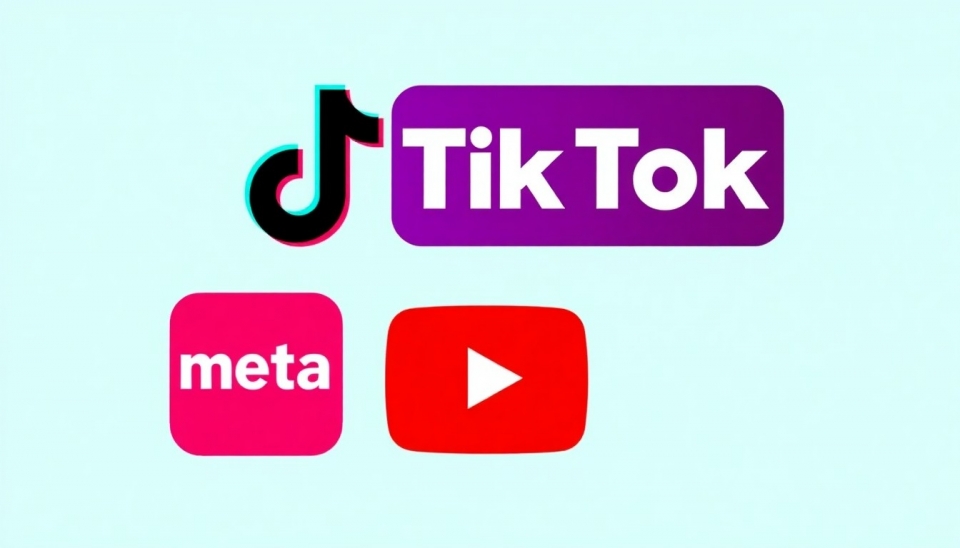
In a significant legal development, Meta Platforms Inc. is facing a lawsuit initiated by a coalition of French publishers. The central issue at stake revolves around allegations that Meta has been using copyrighted content from these publishers to train its artificial intelligence systems without obtaining appropriate approvals. This controversy raises critical questions about intellectual property, the ethics of AI training, and the impacts of technology on traditional media.
The complaint, lodged in a French court, accuses Meta of violating copyright laws by utilizing material from news articles, images, and other content created by these publishers. The plaintiffs argue that such actions not only undermine their financial stability but also threaten the future of journalism as a whole. They claim that by failing to compensate content creators, Meta is depriving them of rightful income generated from their own work.
This lawsuit comes at a time when AI technology has rapidly evolved and is increasingly being integrated into various sectors, including media and journalism. French publishers, which include established names in the industry, have taken a stand against Meta, seeking to defend their content and ensure that media companies are fairly compensated for the use of their intellectual property.
French media landscape has been particularly sensitive about the use of their content in AI systems, as they believe it diminishes the value of journalism. The legal action highlights the tensions between large tech companies and media outlets, as content creators feel more vulnerable in this digital age where AI technology can easily access and utilize their work without consent.
The plaintiffs in this case are not only seeking damages but also call for an immediate halt to the practices they deem inappropriate. The potential ramifications of this case could be significant, not only for Meta but for the broader landscape of tech companies that utilize similar AI training methodologies. Should the court rule in favor of the publishers, it could prompt a reevaluation of how tech firms engage with copyrighted materials moving forward.
Meta’s response to the allegations remains to be seen, but the company has previously claimed that its AI technologies are designed to maximize the enrichment of digital ecosystems while also respecting the rights of creators. However, critics argue that the current framework does not adequately address the challenges posed by AI, as many small publishers struggle to keep their businesses afloat against the overwhelming resources of technology giants.
The outcome of this legal battle is poised to set a precedent and may influence how AI developers navigate the complex interplay of copyright law and technological advancement. As the case unfolds, it will attract attention not just in France, but globally, as more content creators and companies challenge the way their work is used without permission in the expanding world of artificial intelligence.
As discussions about the ethics of AI continue to dominate conversations around technology, the plight of these French publishers may resonate further, calling on other industries to consider their own practices regarding AI and content creation.
In light of these developments, the media landscape is urged to closely monitor the lawsuit's progress, as it could very well redefine IP law and its interaction with emerging technologies across various sectors.
#Meta #FrenchPublishers #AILawsuit #Copyright #IntellectualProperty #MediaEthics #ArtificialIntelligence #TechNews
Author: Emily Collins




